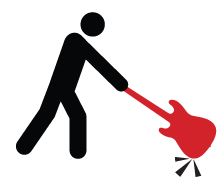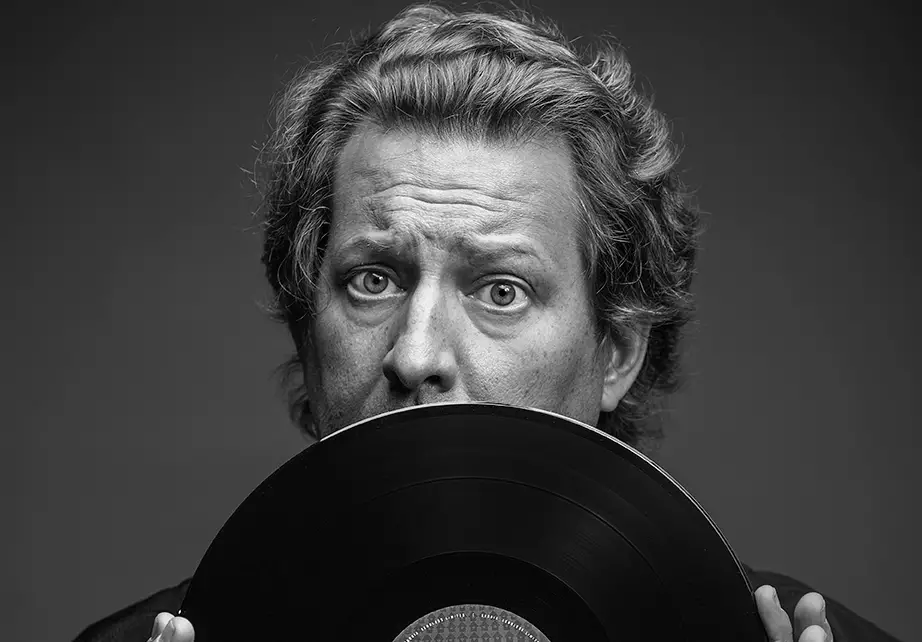
Why Punk Rock Will Not Die
With the passing of Tommy Ramone, the last original member of the Ramones, last week, thoughts have turned to the whole idea of punk rock and why it’s still with us. What is it about punk that makes it so persistent and unkillable? Billboard takes a look.
It will be 40 years in December, 2015, since the release of Patti Smith’s “Horses,” on Clive Davis’ Arista label, arguably the beginning of the punk movement, emanating from New York’s underground in the mid-’70s, ushered in by both the Velvets and the New York Dolls, not to mention the Stooges, MC5 and Lenny Kaye’s influential ’60s “Nuggets” collection.
Despite its initial boast that “anybody can do it,” dispelling the myth of musicianship and putting the tools of production into the hands of the (sometimes) ignorant, punk proved to be quite resilient, even with its back to basics approach. The universal mourning over the death of Tommy Ramone sharpens the observation that what his band did wasn’t quite as simple as it seemed.
Still, for a musical style that seemed monolithic and ephemeral, punk has outlasted any number of contemporary styles, absorbing influences along the way and mutating into something that has endured in many different forms.




It’s always been an attitude rather than a genre.